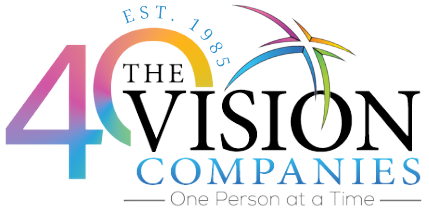
Procrastination is more than just a bad habit; it’s a significant barrier to achieving our career aspirations and personal goals. Whether it’s delaying tasks out of fear, indecision, or a quest for perfection, the result is the same: valuable time lost and opportunities missed. But it’s never too late to overcome procrastination and steer your professional journey back on track. Here are three practical hacks to conquer procrastination, boost your productivity, and ensure you’re focusing on what truly matters.
Break Your Work into Manageable Chunks
One of the primary reasons we procrastinate is the overwhelming feeling that a task is too big or complex to tackle in one go. The solution? Break it down into smaller, more manageable chunks. This approach, known as the “Pomodoro Technique,” involves working in short, focused intervals (typically 25 minutes), followed by a five-minute break. This makes the work seem less daunting and improves focus and retention. Use a timer to keep track of your intervals and commit to not allowing any distractions during these focused periods. Over time, you’ll find that this method can significantly increase your productivity and make daunting tasks feel much more approachable.
Set Clear, Achievable Goals
Vague goals contribute to procrastination because they don’t provide a clear direction or endpoint. Set specific, measurable, achievable, relevant, and time-bound (SMART) goals to combat this. For instance, instead of setting a goal to “work on the project,” define exactly what part of the project you’ll complete and when, such as “complete the project outline by 5 PM today.” This clarity provides a roadmap to follow and a sense of accomplishment as you tick off completed tasks. Celebrate these small victories to stay motivated and maintain momentum.
Cultivate an Environment Conducive to Focus
Your environment plays a crucial role in your ability to focus and, by extension, your propensity to procrastinate. Assess your workspace and eliminate or minimize distractions. This might mean putting your phone on silent, using apps that block social media during work hours, or creating a tidy, organized space that encourages concentration. Additionally, consider the times of day when you’re most alert and productive. Aligning your most challenging tasks with these peak periods can enhance your efficiency and make it easier to start on tasks you might otherwise procrastinate on.
Looking for a Fresh Start?
Procrastination doesn’t have to define your work ethic or limit your career potential. By breaking tasks into manageable chunks, setting clear and achievable goals, and optimizing your environment for focus, you can put procrastination in the past and reclaim your productivity.
Sometimes, persistent procrastination can signal that you’re not in the right role or have outgrown your current position. If you suspect this might be the case, it might be time to explore new opportunities that better align with your skills, interests, and career goals.



